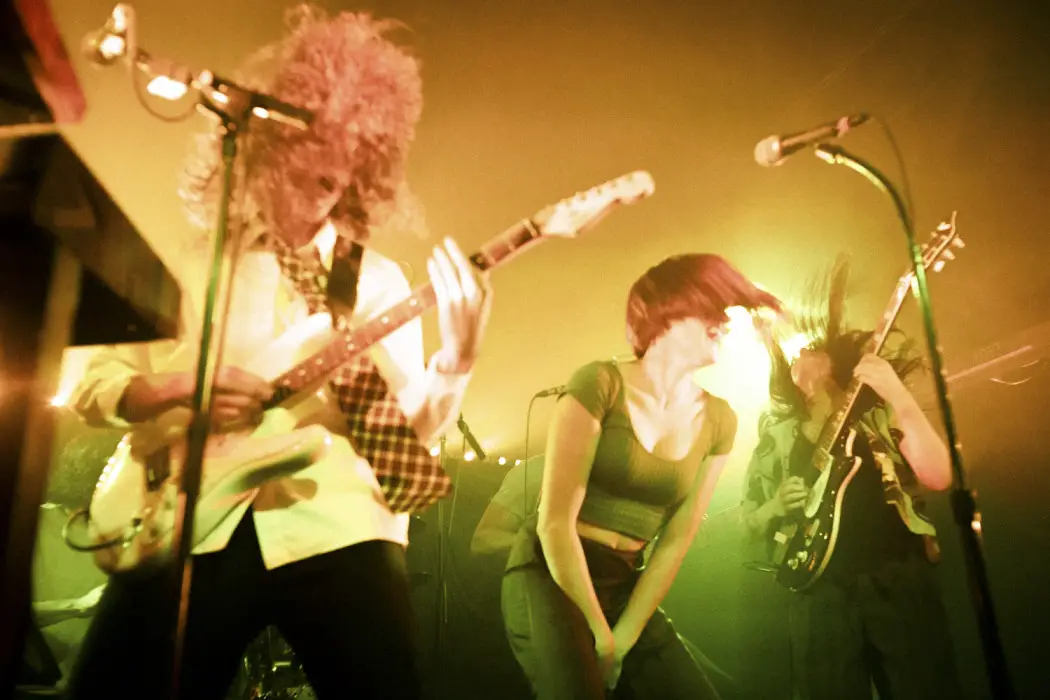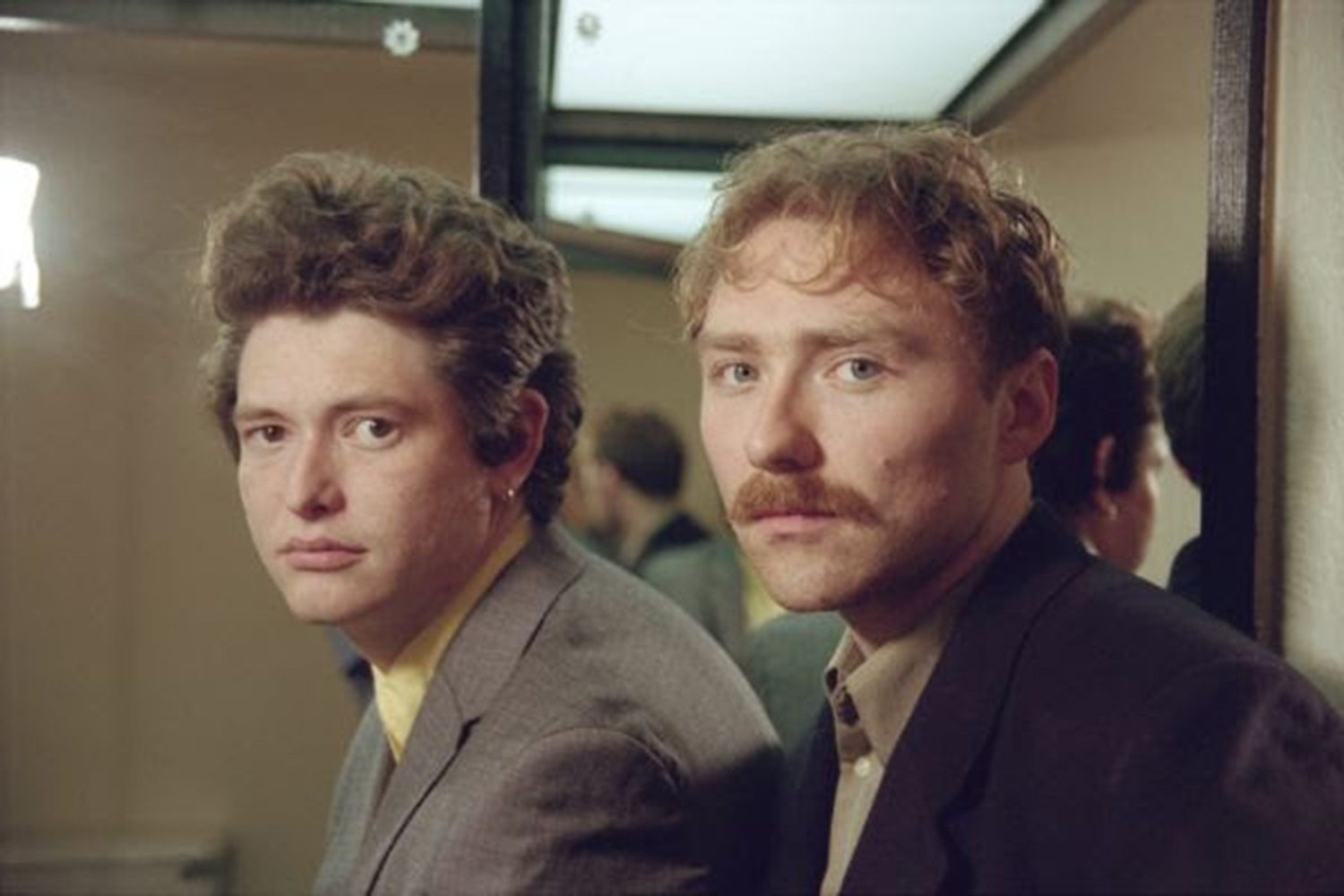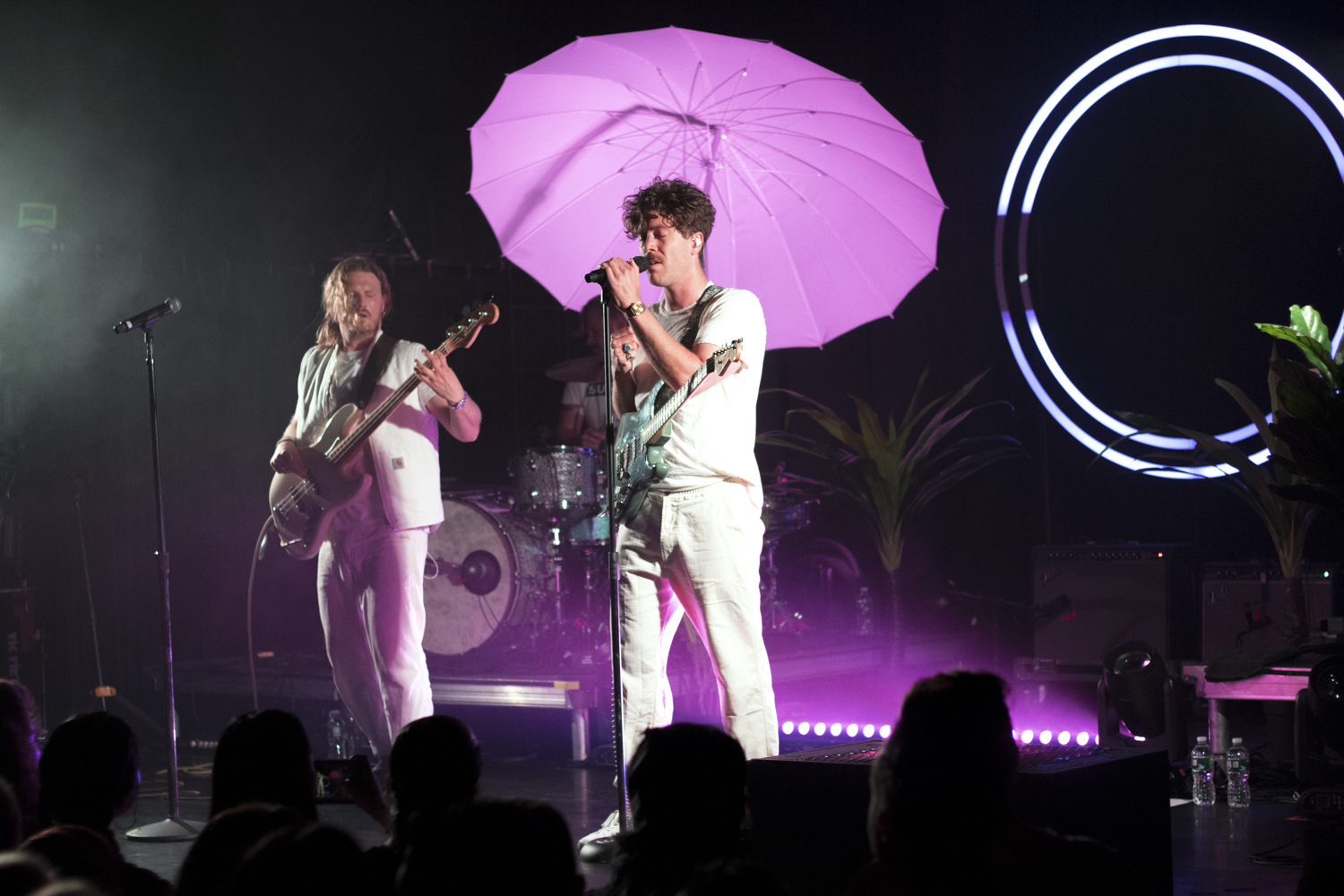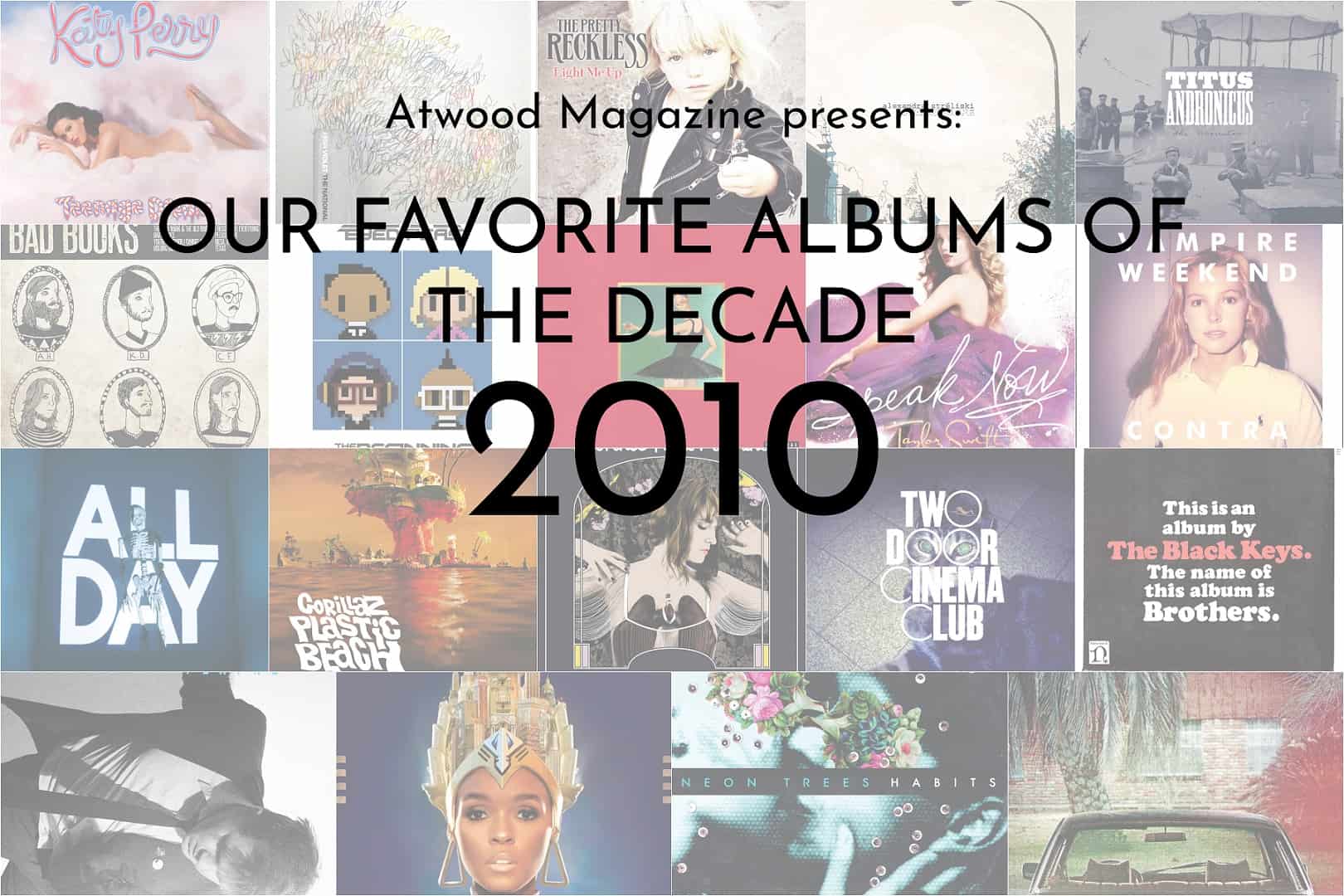MUNA inject The Foundry in Philadelphia with energy and passion as they prove they’re arena-ready pop stars and celebrate their fans.
— —
When you first realise that, for the live performance, MUNA isn’t only made up of Katie Gavin, Josette Maskin, and Naomi McPherson, you worry that The Foundry’s tiny stage won’t have enough space for the whole band. But you also wonder how a band whose music is so urgent, timely, fun, and good is still playing 450-cap rooms – filling them to the brim, but playing them nonetheless. It feels momentous to witness MUNA in such an intimate setting.
This sentiment rings true from the first seconds of their show, when the instrumentals of “Grow”, opener of the band’s sophomore album Saves the World, play as the room is pitch black and the band is preparing for the performance. Gavin, the lead singer, makes a special entrance after everyone else is onstage, and they jump straight to the explosive “Number One Fan”, the perfect song with which to open a set.
Like on Saves the World, “Number One Fan” is followed by “Stayaway”, an anthem for moving on that’s equally as sentimental as it is club-ready. Gavin knocks over the mic by mistake at the start of the second verse, but the audience takes no issue with this, singing every single word back to her and keeping the performance going despite the album being out in the world for a little over one month. It’s an impressive feat from the audience, and only one of many that will exhibit the deep and devoted relationship MUNA’s fans have with the band.

During a moment of reckoning after album one’s hit “Crying on the Bathroom Floor”, Gavin lists the previous local venues in which MUNA has played, as people in the audience cheer to indicate their presence at each of the events – needless to say, the cheering got louder as the list went on. “It’s so cool to be able to come back and there are more people in the room every time” she says, before the band plays “Never”, a song that blossoms during its live performance, with the gravity of Gavin’s words and storytelling being made more powerful by her gaze and the band’s presence.
Preparing their audience for what comes next (“Let’s cry!” Gavin announces, “We’re gonna go there” Maskin adds) and in an extremely personal moment, Gavin asks if everyone will take a second and just breathe with her a few times. “Sometimes I have a hard time being here when it’s happening” she explains, saying that the show goes by so fast that it’s easy to just run on auto-pilot and not appreciate every single moment. The audience abides, and after a handful of collective breaths, MUNA break the ice and lead us into the more emotional bits of their set.

“About U”, the eponymous song from their debut album, is a highlight of the night as the room is flooded with pink light and the audience is relentless in their engagement with the performance. For the last chorus Gavin asks them to join her and sing along, a request they happily obey, but which given the audience’s passion is rendered futile – they would have screamed those words from the top of their lungs regardless. Maskin and McPherson move to the centre of the stage for the first time, playing their guitars intensely and beautifully and expanding the song’s sonic universe if only for a few seconds. They’re met with rapturous applause.
MUNA are actually really funny. Though Gavin does most of the talking throughout the night, the few times Maskin and McPherson join in and address the audience or each other the band becomes irresistible. If you liked them before you walked into the venue, you’ll leave wanting to join their friend group. “We’re reached the ‘crowd participation encouraged’ part of the set” McPherson announces, saying their next chorus is easy and would benefit from the extra four hundred or so voices in the room, and after her and Maskin talk over each other (“This is your glimpse at what it’s like offstage” Maskin says), McPherson directs the audience: “If you don’t know it after the first time it’s embarrassing, so just sing it”. The band plays the highly singable and cathartic “Good News (Ya-Ya Song)” and the crowd almost drowns them out.

Before fan favourite “I Know a Place”, the second to last song of the evening, Gavin tells the audience that the band would like to dedicate the song to two people in the audience, Johnny and Dane. The first chorus had barely even begun when euphoric screams erupted from the middle of the pit, followed by a split second of silence and then even louder screams. Turns out that both Johnny and Dane had planned to propose to each other on that evening, so after the one brought out a ring, his partner followed with another one, and the band were in on the plan. The sentiment of community, love, and acceptance was never felt as much as it was during the subsequent choruses of “I Know a Place”. It was a moving, beautiful scene of pure joy and love, and as the band congratulated the couple on their engagement (“You brought two rings? That’s iconic” said Maskin) everyone in the room felt united and privileged for witnessing love firsthand.
“We called this record Saves the World because we were trying to put into the conversation that a huge part of saving the world is saving ourselves” Gavin eloquently explains right before the show and album closer “It’s Gonna be Okay, Baby”. As personal as this song is to Gavin, the power of hearing the words “it’s gonna be okay” repeatedly, in a live setting, bring the song even more meaning – if you’re feeling lost, anxious, worried, sad, or the least bit off-kilter, the song speeds straight through to your heart. The song ends, the band gets off the stage, and the lights go on. The night ended on such a high note that speeding to the venue’s exit without taking a few seconds to absorb the power of it all seems inappropriate and then you realise: MUNA may not have saved the world just yet, but they’re most definitely making it a much better place.
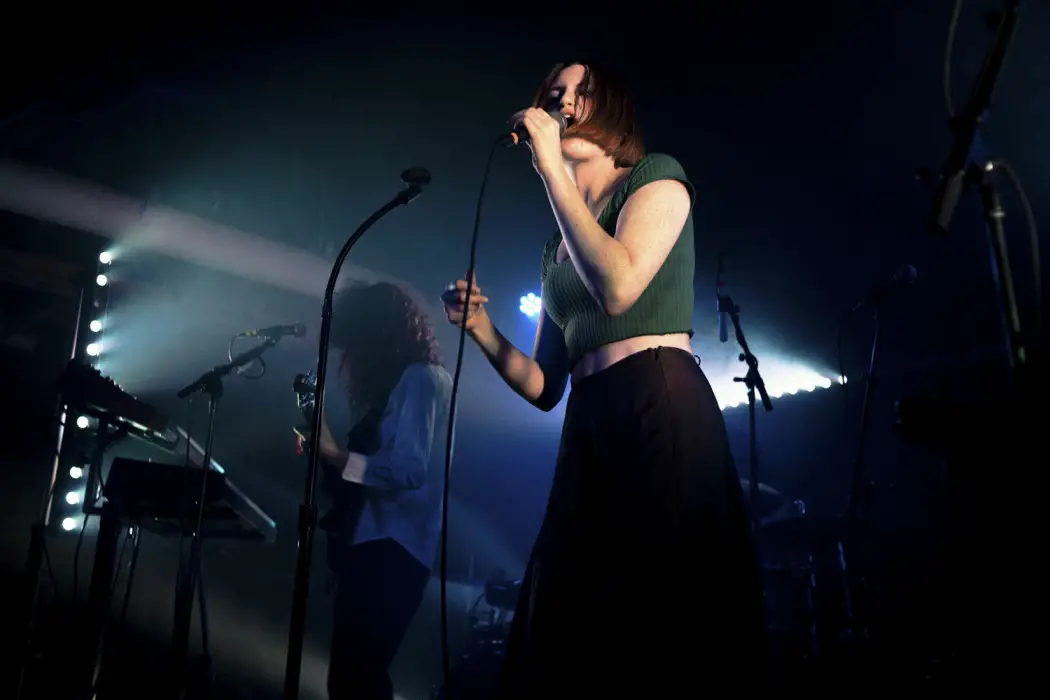
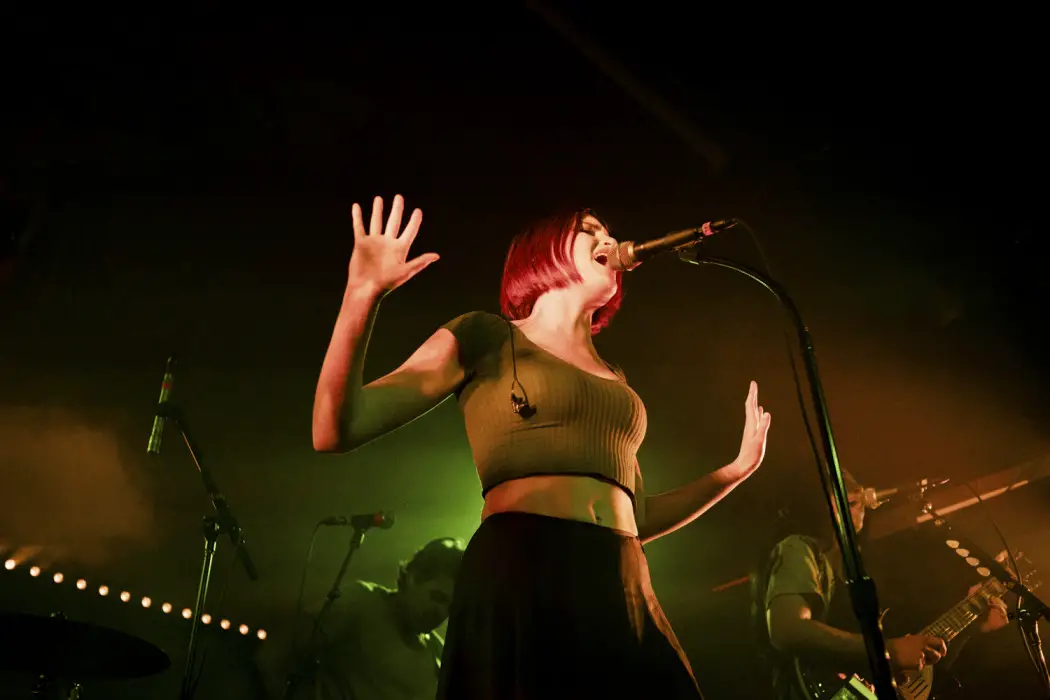
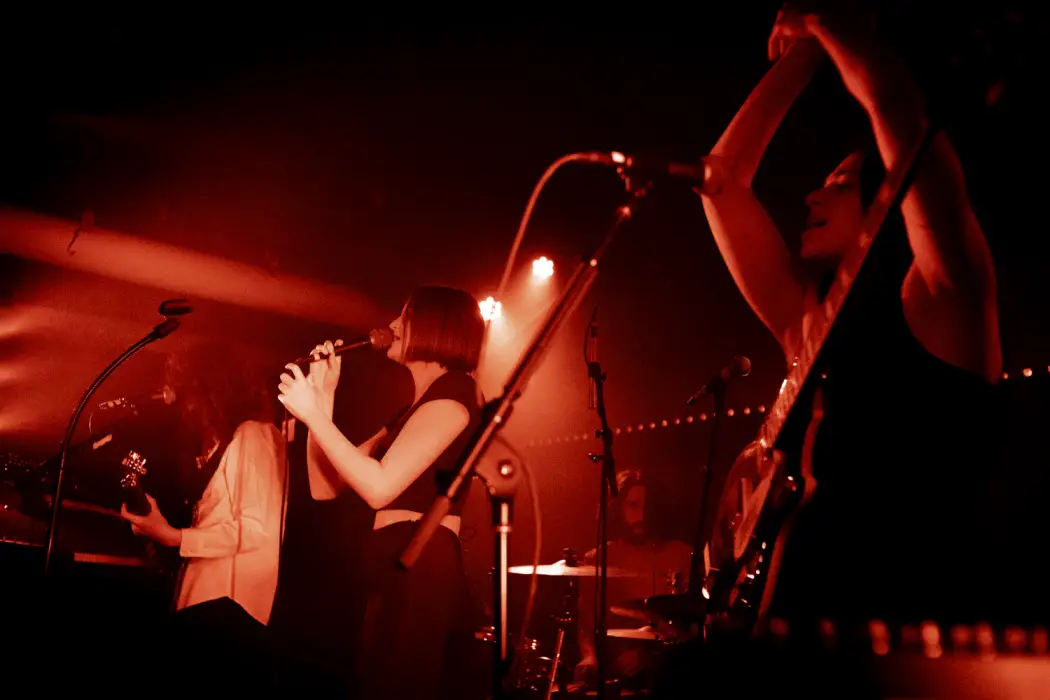
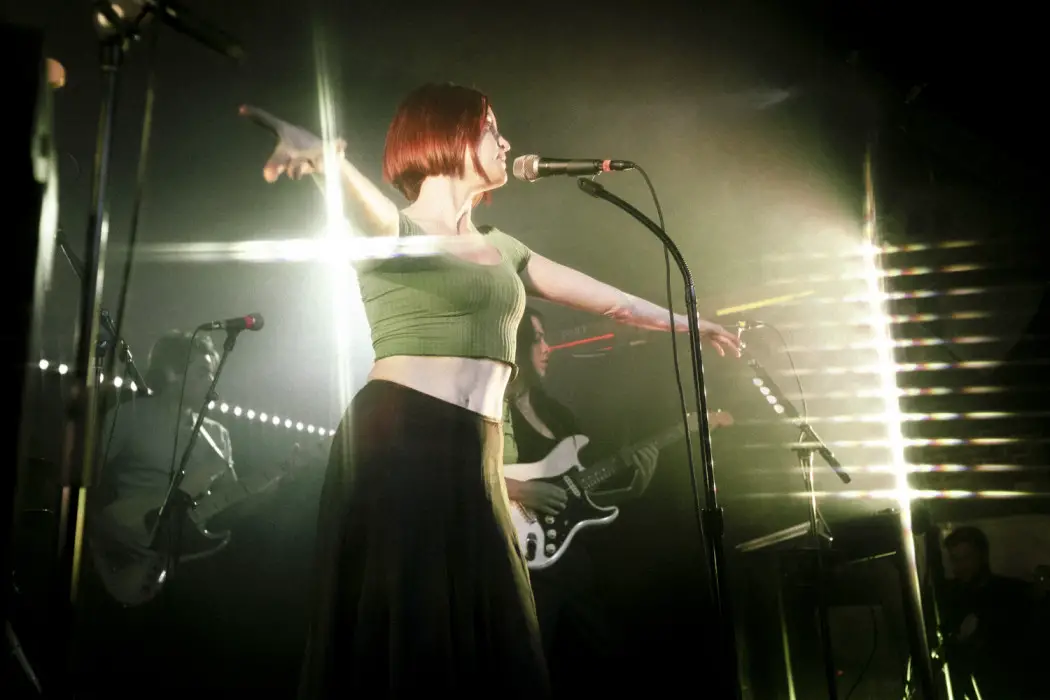
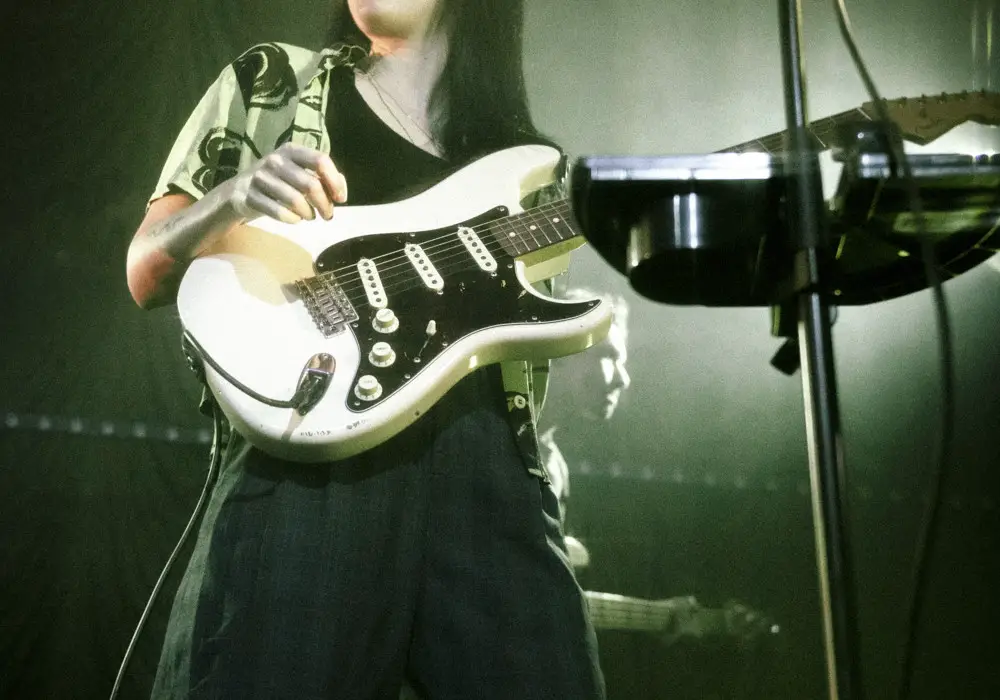
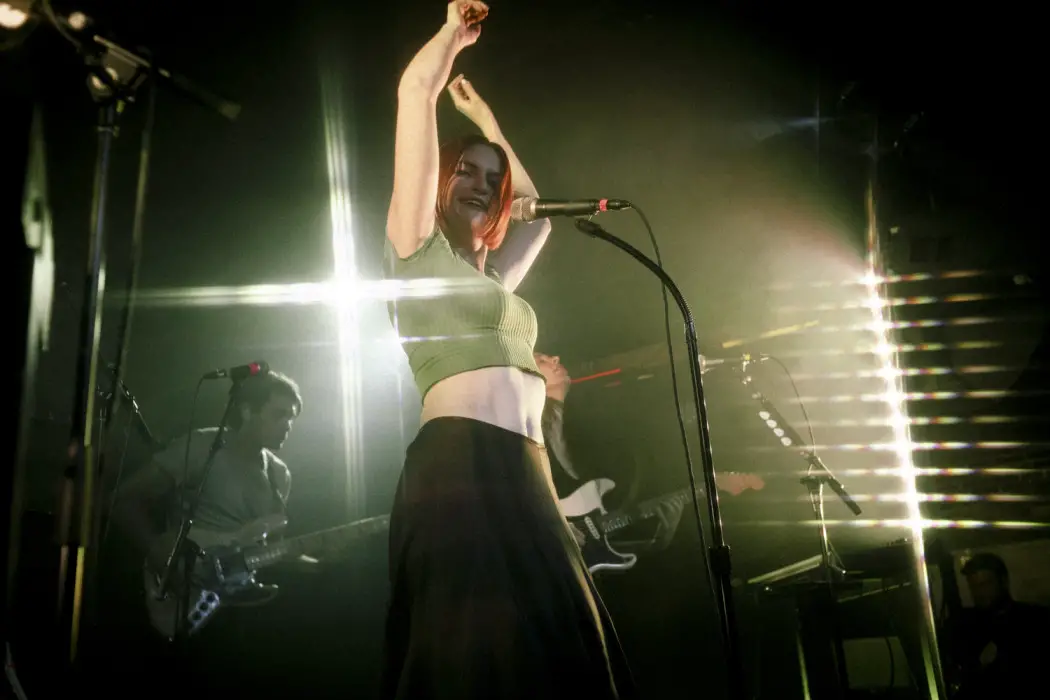
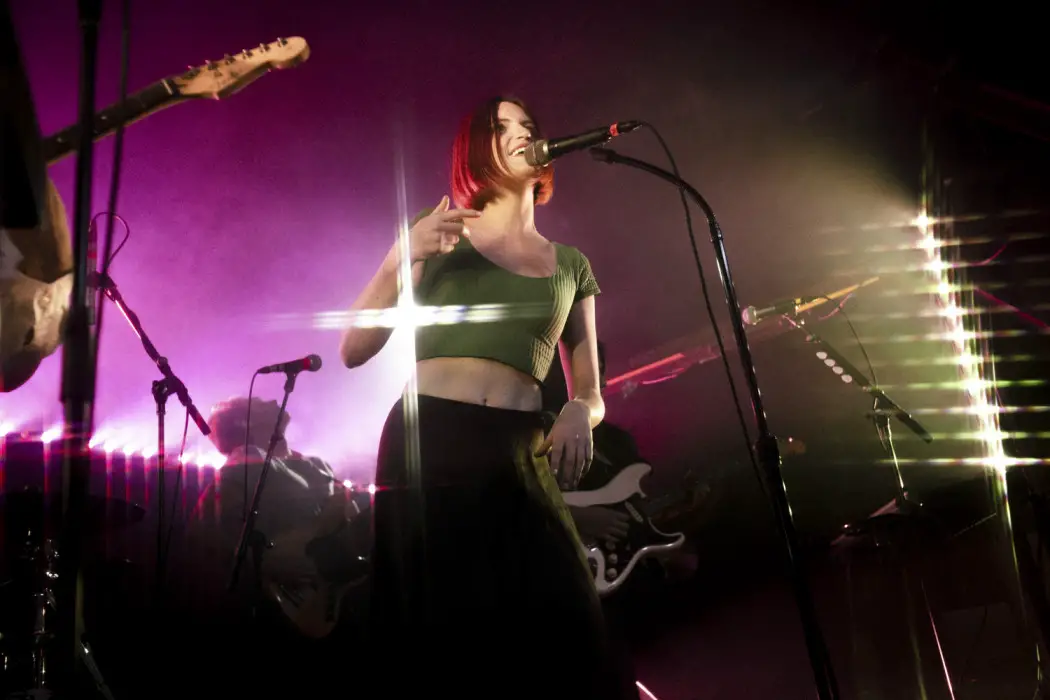

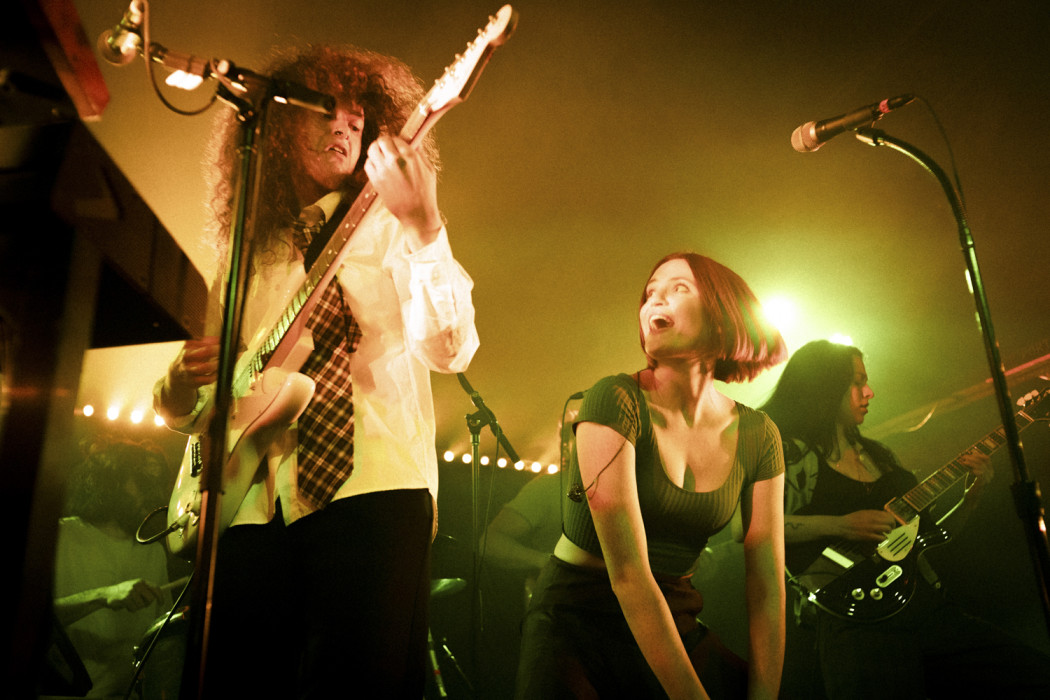
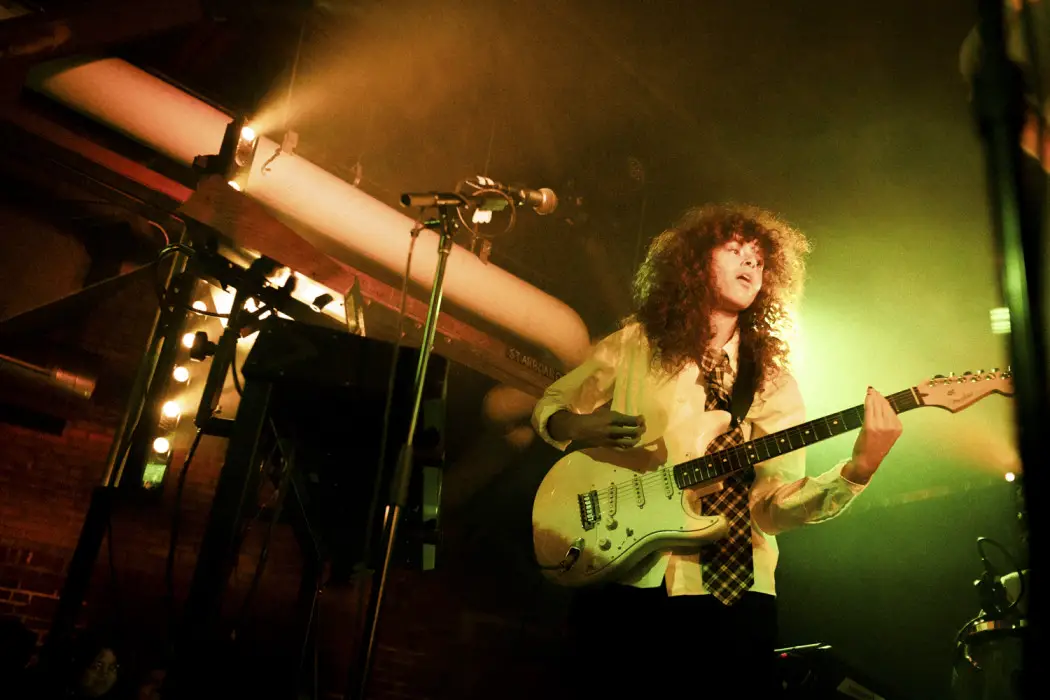
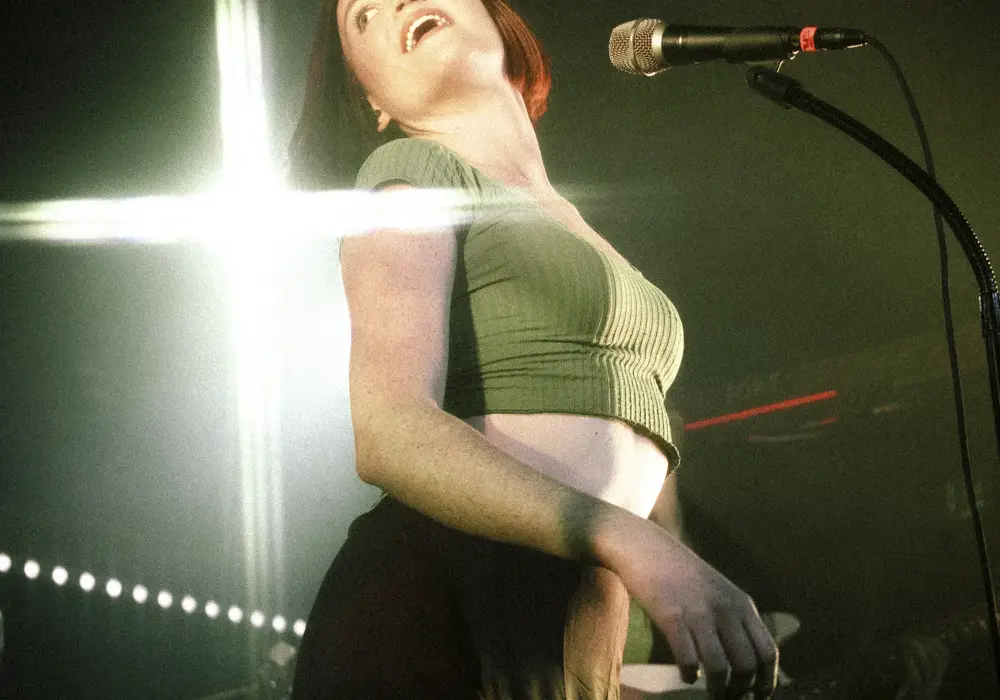
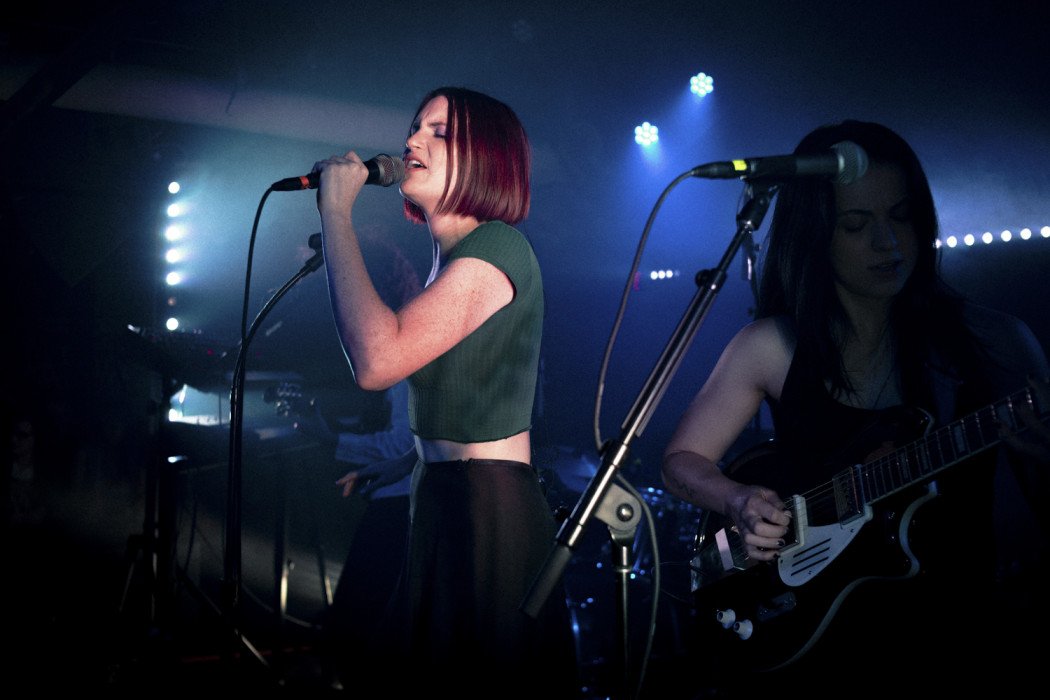
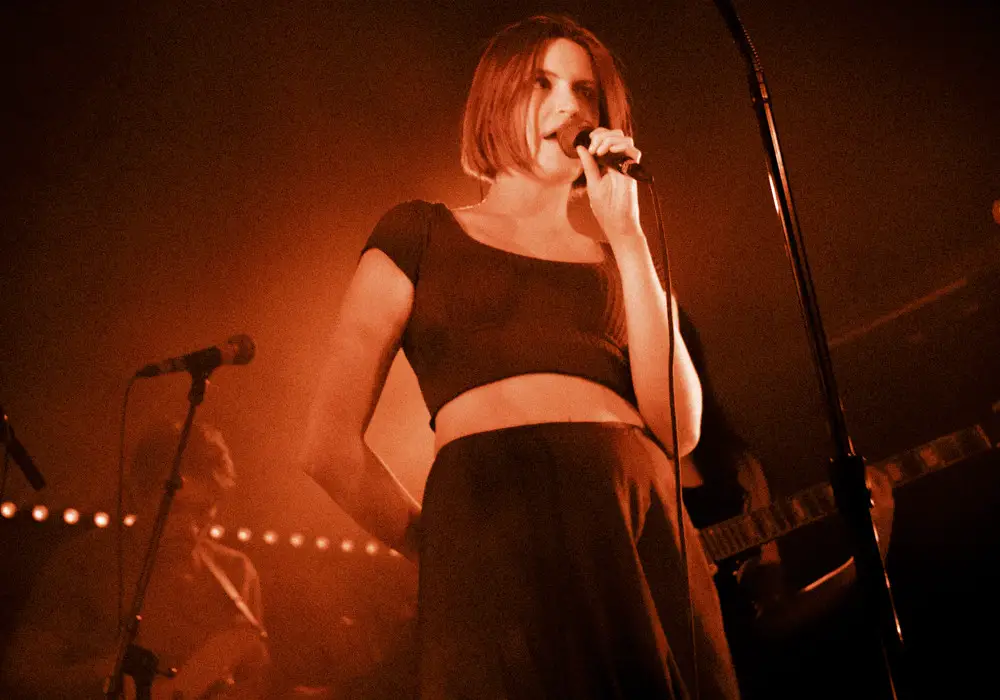
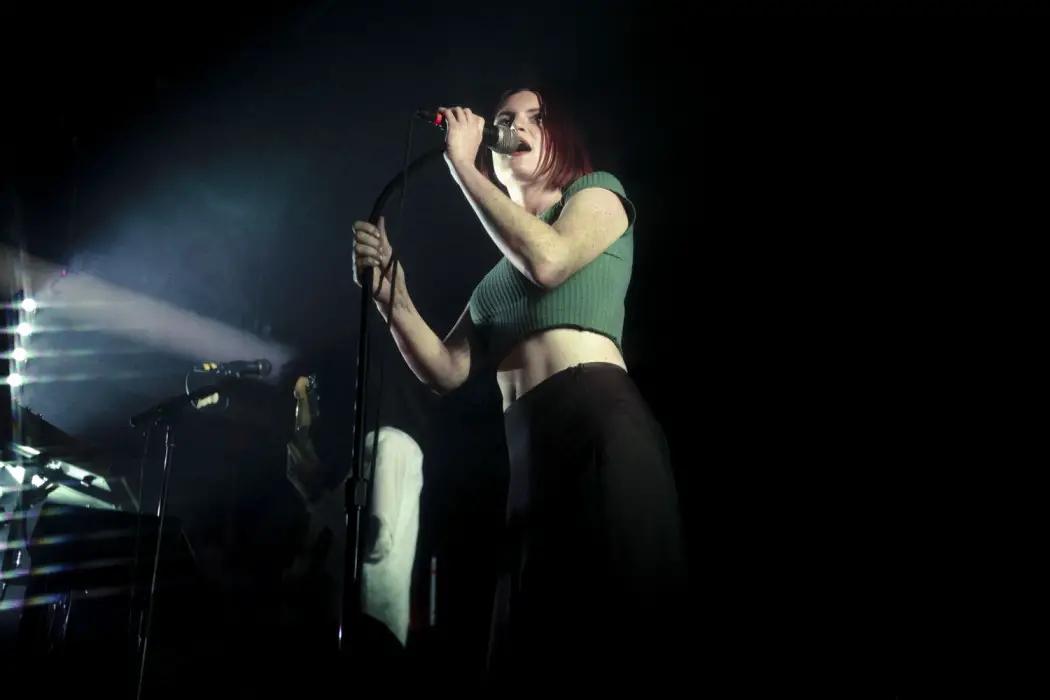
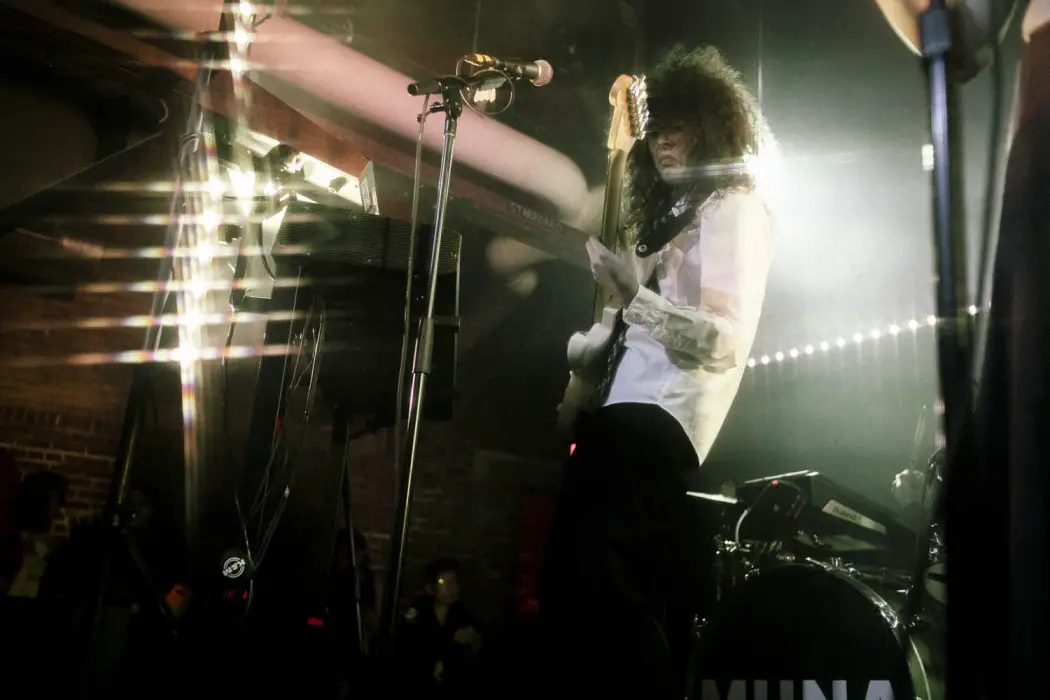
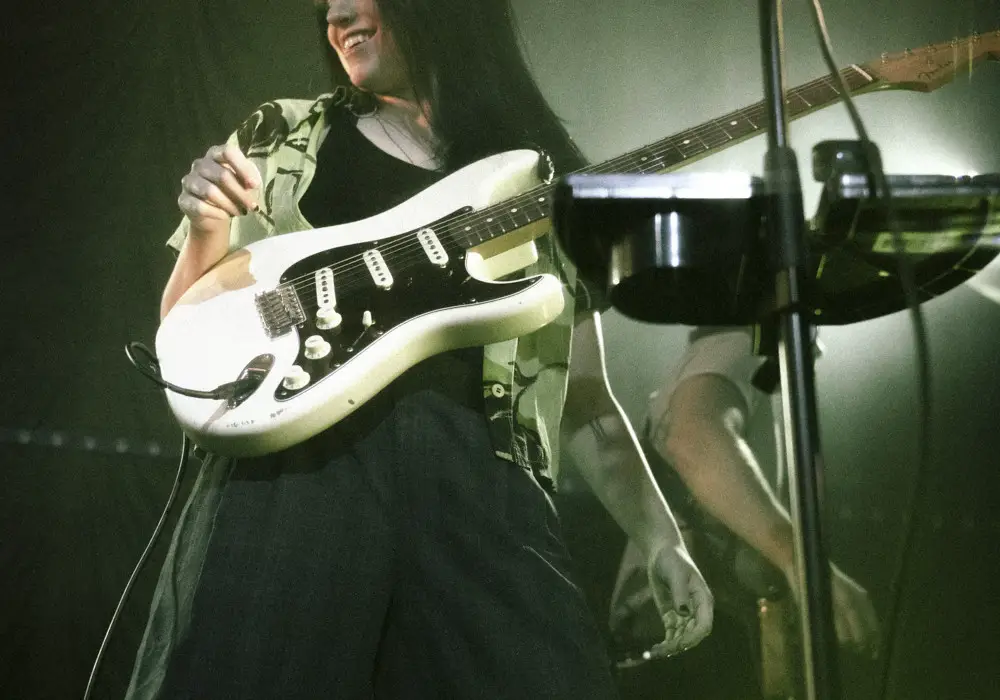
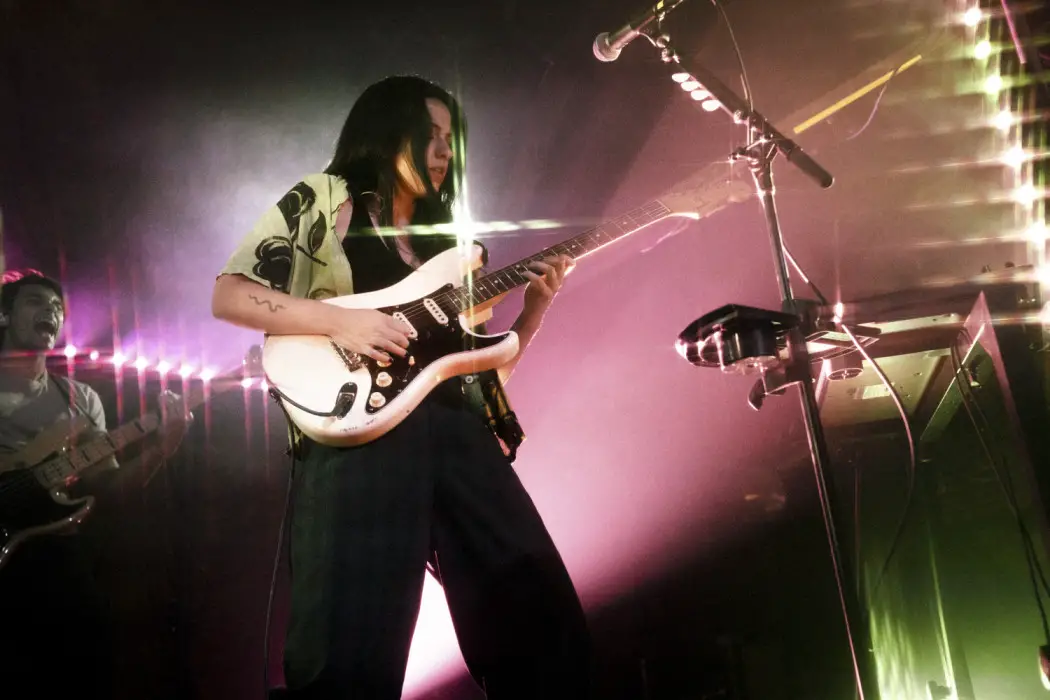
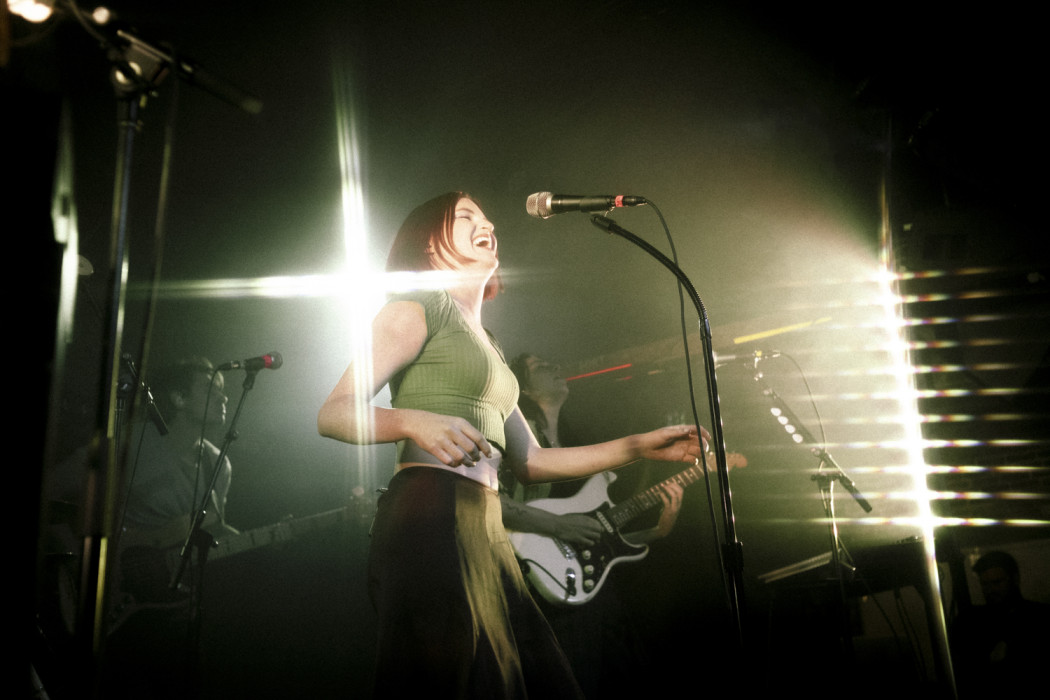
— —

Connect with MUNA on
Facebook, Instagram, Twitter
Discover new music on Atwood Magazine
?© Nicole Almeida

